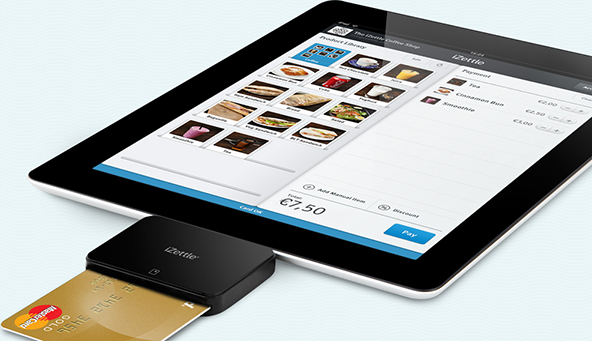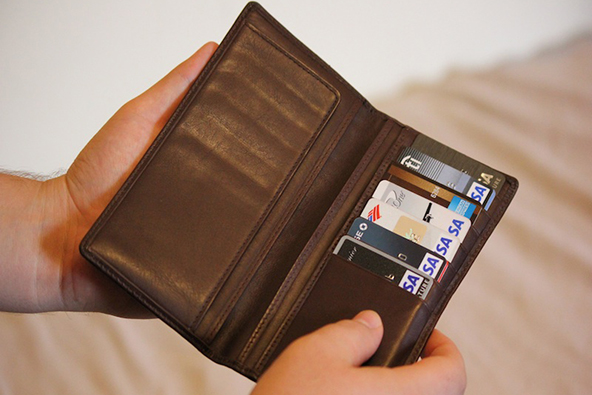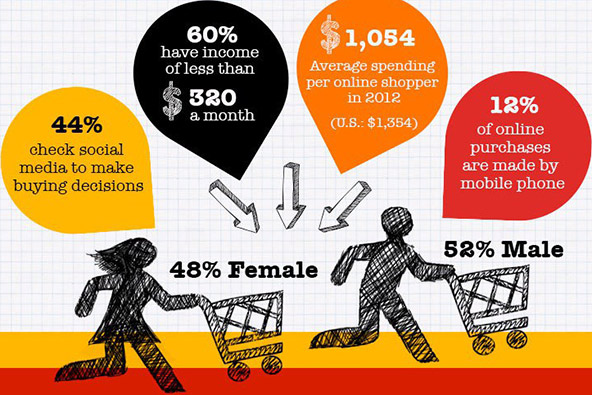Why Small High-Risk Businesses Are out of Luck and What to Do about It

This is a topic I’ve danced around quite a bit over the years, never to face it directly, and for good reason — it’s arguably the most intractable issue I’ve had to deal with. Let me be clear — if you are operating, or considering doing it, a business in a very high-risk field, you will be having a huge difficulty finding and keeping a merchant account, on any terms. This is just the nature of high-risk and, if recent regulatory history is anything to go by, it is not going to be getting any easier anytime soon.
As is often the case, in high-risk size does make a significant difference — there will always be a processor willing to take a chance on a million-dollar-a-month online pharmacy, even if its processing history isn’t quite as solid as one might wish, whereas a fifty-thousand-dollar-a-month pharmacy may not even receive a cursory look by an underwriter. And of course, newly-formed high-risk businesses are treated even less generously. So what do you do if you find yourself in such a position? Well, first of all, you should arm yourself with a great deal of patience and prepare to be rejected time and time again. Eventually, if you do all the right things, and with some luck, you just may stumble on a processor willing to give you a chance. But let’s take a closer look at what you will be dealing with.
A Question of Size
There isn’t a firmly defined threshold, but most processors I know of, including UniBul, would consider a $100,000 in monthly revenues to be the dividing line between high-risk businesses worth dealing with and those that are not. Of course, exceptions will always be made, for example for businesses that are not quite over the threshold, but are close to reaching it and are showing a solid growth potential. Still, the volume is a critical factor and there is not getting around it.
Now, an argument can be made that processors would do themselves a favor if they relaxed the volume requirement a bit. After all, we charge high-risk businesses a high premium, so we could make a good profit even from servicing, say, a fifty-thousand-dollar-a-month merchant. Moreover, we could charge that merchant an even higher rate than we would charge one with, say, a twice higher volume. So why aren’t we doing it?
Well, the thing is that even a comparatively small merchant could do a lot of damage if things went wrong, as they often do in high-risk. Yes, the risk exposure on our books would be lower than it would be with larger merchants, but, in addition to the monetary losses, a blow-up could damage our good standing with the Associations and hurt our relationships with our acquirers. Do that a few times and the damage may become irreparable.
On the other hand, larger merchants tend to have been around for longer and so have left a much longer paper trail to examine. Furthermore, the longer processing history has enabled them to develop and perfect processes for dealing with chargebacks, which is the issue that plagues merchants with shorter histories the most. So working with larger merchants has advantages that extend beyond those related to their size.
So What Do You Do?
Now that we’ve established precisely why your smaller business is at a disadvantage to its larger competitors when it comes to finding a payment processing solution, the question becomes whether or not you can do anything about it. Well, while this will always be an uphill battle, there are things that can help make the climb a less steep one.
To begin with, make sure that all of your paperwork is in order. Start with your incorporation documents, bank accounts, financials, profit and loss statements, tax returns, office utility bills — all of these should be in perfect shape. Writing a business plan, if you haven’t done so already, would be a good idea. Then make sure you have all of the licenses and permits that may be required in your jurisdiction.
This would be a good start, but it is unlikely to be enough.?á If you are well-capitalized, that may tip the scales in your favor, as the underwriter will be reassured to see that you can fund your operations and actually have something to lose, should things go wrong. But what if you don’t have money in the bank? Well, having a solid processing history with another business may just do the trick. In fact, we’ve just had such a merchant approved — after all, we’ve had a long relationship with him and felt confident that he would be able to manage his merchant account with the new business as well as he has been with the old one.
And what about if you don’t have money in the bank and don’t have any previous processing history in high-risk? Well, this is where you need to get creative. Even more importantly, you need to be able to locate the right service providers. You may just be able to get a merchant account with a processor which ordinarily would never give you one — I don’t quite know how that works, but I’ve seen it often enough to know that it is not a one-off occurrence. The thing about these merchant accounts is that they don’t tend to last — once the service provider realizes that it’s been careless in its underwriting review, the account gets shut down. However, that may still give you a few months of precious processing history, which may just push you over the hump when you then proceed to apply with another processor.
The Takeaway
Being small is a severe disadvantage in the high-risk payment processing world — that much is certain — and there isn’t much you can do about it, especially when you are just starting out in business. So the best thing you can do to improve your chances is to make sure you look as good to your prospective processor as you can make it. You would still need a good deal of luck to get the merchant account you need, but you would have improved your odds.
Image credit: Homecaregenerations.com.


